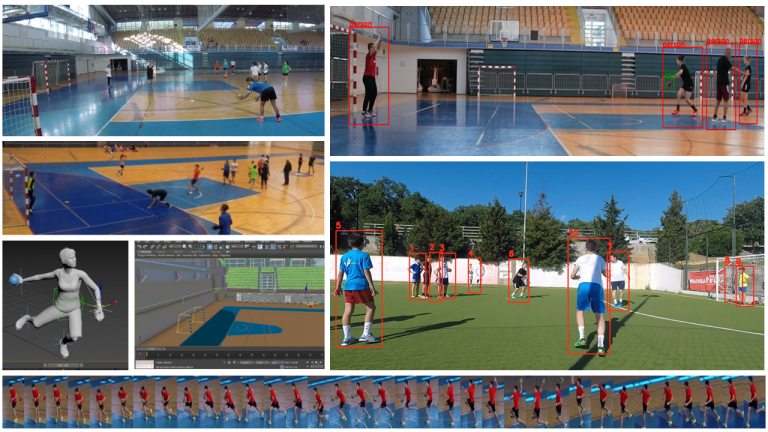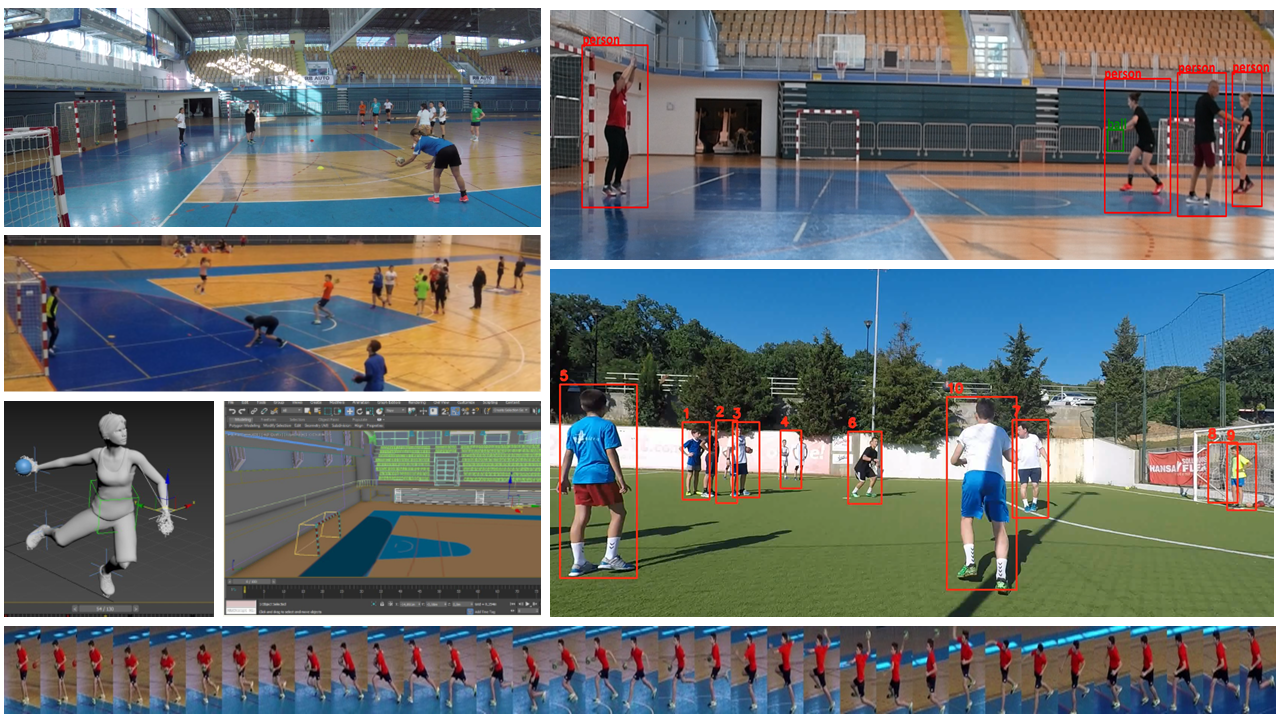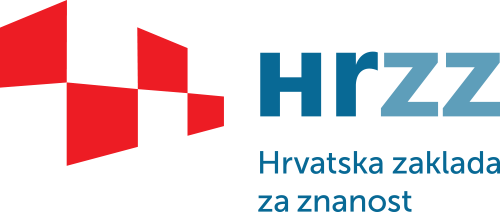
Multimedia content such as digital images and video have become an important storage and exchange media. A large amount of such content from competitions, games and training sessions is constantly being created in the sports domain, and there has been a great interest for multimedia content analysis among athletes and coaches, on all levels from professional to recreational.
Such analysis is indispensable in modern professional sports but is still done primarily by manual annotation of individual actions. Development of methods for automatic action detection and athlete’s activity interpretation would enable more efficient analysis and broaden the availability of analysis solutions to everyone involved with sports. Analysis of individual actions, such as swimming turns or steps in running, is important for athletes, coaches and physical therapists alike because it allows them to monitor the form of performing individual exercises, to improve the athlete’s performance and to keep track of the progress. For interpretation of multiple sequential actions into a meaningful activity, sports domain knowledge is necessary.
We propose a research in which methods for sports domain action detection and annotation in multimedia content would be developed. The starting point for action detection are methods based on machine learning and features that describe the spatio-temporal dimensions of multimedia content. For interpretation of sequential actions into more complex activities a model will be developed based on sports domain, which has well-defined rules, a known structure and context and clear roles exist for athletes and others involved. To model the fuzzy knowledge of the domain and temporal relations a knowledge representation scheme will be defined based on the theory of timed and fuzzy Petri nets or a similar formalism. Due to the specifics of different sports, actions from chosen sports will be considered in the research. The project outcomes will include models for automatic recognition of individual actions and activities as well as metrics for comparing a performance of an action with a reference performance. The developed prototype will be used to develop a system that will allow athletes, coaches, physiotherapists and others to track the performance of exercises, performance improvement, progress monitoring, collection of statistical data for analysis of a sports event and similar.

